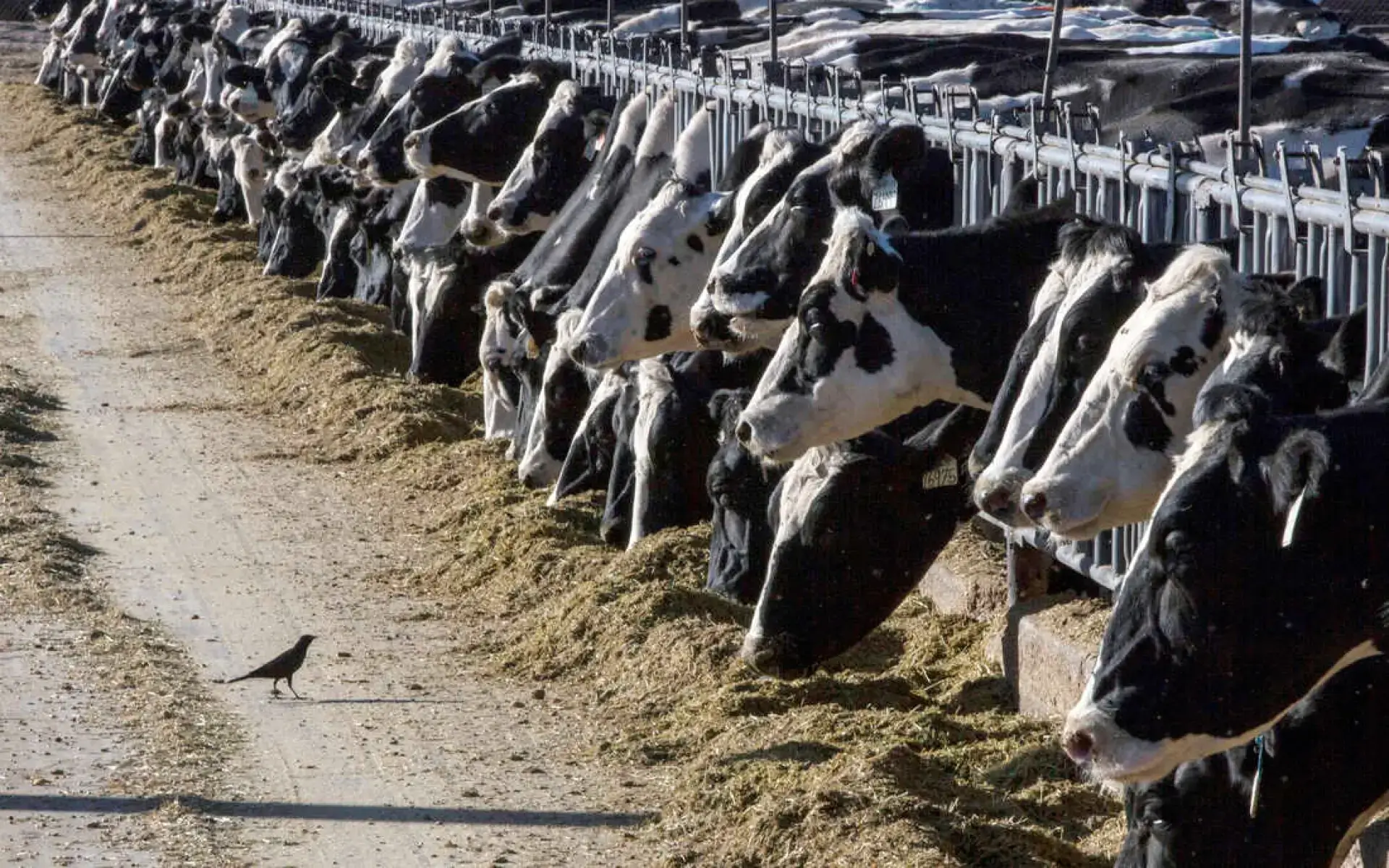The U.S. Food and Drug Administration (FDA) recently disclosed that pasteurized milk samples have tested positive for traces of the avian influenza virus, which has been infecting dairy cows.
The FDA emphasized that the detected material is inactivated, implying that it does not pose a risk to consumers. “We have seen nothing that would alter our assessment that the commercial milk supply is safe,” the FDA asserted in its official statement.
The announcement arrived nearly a month subsequent to the detection of the avian influenza virus within dairy cows across eight states, affecting millions of wild and commercial birds. The USDA has reported that 33 cattle herds have been infected so far.
The FDA has not divulged the number of tested samples or their sources. The agency has been evaluating milk from various stages of processing and from grocery stores. Results from additional tests are expected within the next few days to weeks.
The PCR lab test used by the FDA is capable of detecting viral genetic material even after the live virus is eliminated through pasteurization, says Lee-Ann Jaykus, an emerita food microbiologist and virologist at North Carolina State University.
“There is no evidence to date that this is infectious virus and the FDA is following up on that,” Jaykus added. FDA and USDA officials had previously stated that milk from infected cattle did not enter the commercial supply.
Milk from ailing animals is supposed to be diverted and destroyed. Federal regulations mandate pasteurization for milk that enters interstate commerce.
Because the detection of Type A H5N1 bird flu virus in dairy cattle is new, no studies on the effects of pasteurization on the virus have been completed. However, past research suggests that pasteurization is very likely to inactivate heat-sensitive viruses like H5N1, according to the FDA.
Matt Herrick, a spokesperson for the International Dairy Foods Association, affirmed that the time and temperature regulations for pasteurization ensure that the U.S. commercial milk supply is safe. He stated that the virus remnants have zero impact on human health.
Scientists confirmed the presence of the H5N1 virus in dairy cows after reports of cows in Texas suffering from a mysterious ailment. The infected cows showed signs of lethargy and a significant decrease in milk production. Despite the H5N1 virus being lethal to commercial poultry, most infected cattle seem to recover within two weeks.
So far, two bird flu cases have been reported in humans in the U.S. A dairy worker in Texas who was in close contact with an infected cow developed a mild eye infection but has since recovered. In 2022, a prison inmate contracted the virus while exterminating infected birds at a Colorado poultry farm. His only symptom was fatigue, and he has also recovered.



